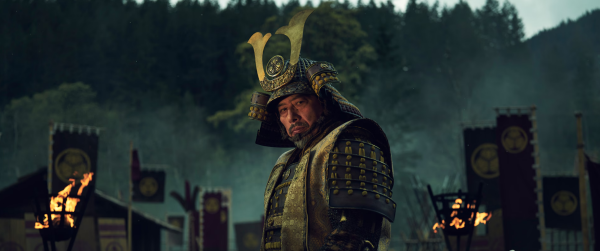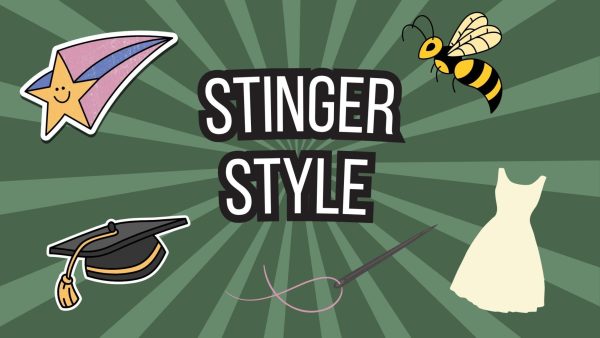No one farted – it’s just the pear trees outside on campus
April 3, 2013
The Bradford Pear looks like any other tree you would find walking through campus. It’s a very pretty tree with white blossoms in spring, until the stench of a frat house bathroom reaches your nose.
The scourge of any college campus, this tree is actually one of the most beautiful at Sacramento State, but its purpose and odor is actually pretty useless, and even offensive.
Michael Baad, a biology sciences professor at Sac State, believes the look of the tree is its only perk and that there are reasons why the tree isn’t just odorous.
“Most pears you encounter don’t smell like that,” he said. “I wouldn’t say for certain that the pear smells the way its ancestors did.”
The smell is not natural for the tree – it is the years of inbreeding for looks that caused the smell to be what it is today, and causes quite a stir every year before the summer season.
“The Bradford Pear has been manipulated horticulturally by a number of generations using it for landscaping and that sort of thing,” Baad said. “The smell is not really adapting, and what it is producing is because it was hybridized by several different parents to get this spectacular display.”
The Bradford Pear is supposed to be a fruit bearing tree, and the smell – as well as its inbreeding – is why we never actually see fruit on the tree. The infertility makes the tree very inexpensive which explains its popularity.
Sal Rangel, a junior kinesiology major, is new to campus but knows the reputation of the infamous pear tree from other college campuses and word of mouth.
“All that I know is everyone talks about them – I know they smell like crap,” Rangel said. “They are called semen trees and everyone says they smell like that.”
The smell has become a joke among college campuses, and if you look it up on urban dictionary, the definition is pretty colorful, “A type of tree which, during the summer season, smells of semen.”
Another drawback is that the cuttings on the tree have made it very fragile. The littlest force can knock down branches or entire trees, leaving even more of a mess for the landscapers around campus – as if they didn’t already have to deal with the fake snow-lined walks everywhere from the flower petals. But that part I kind of like.
“Most people curse the fact that we have these because we have to replace the trees after storms, because they are brittle,” Baad said. “I wouldn’t say I was an expert, but I know enough about it not to plant it – because it has problems.”
Perhaps the Bradford Pear is just getting a bad rap, and despite a lopsided list of pros and cons, there are actually some good qualities to this tree.
Kaitlin can be reached at: [email protected]



































































































































